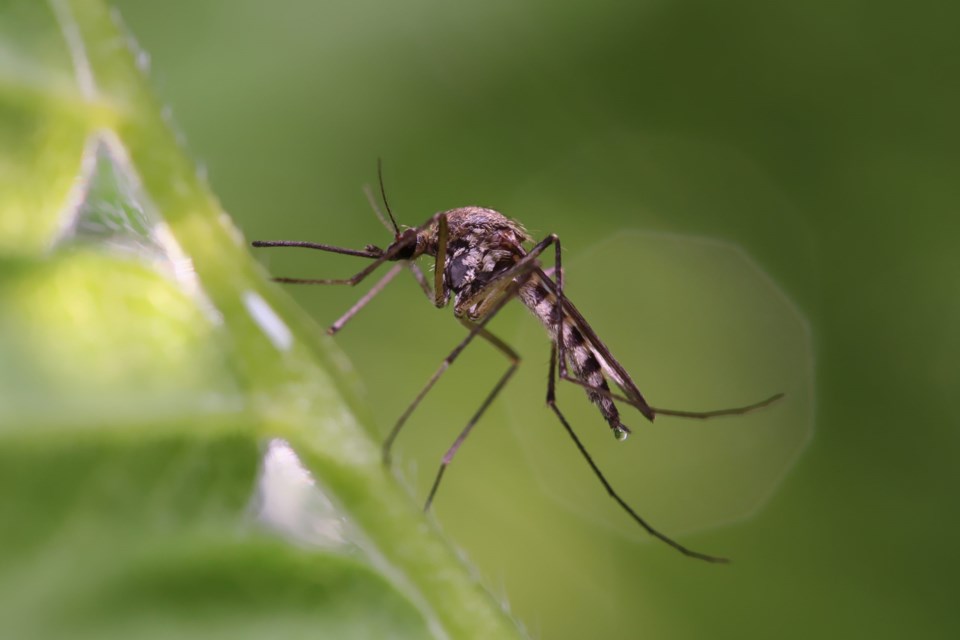The city of McKinney announced plans to conduct mosquito spraying in two specific areas of the city following the detection of West Nile Virus in local mosquito pools.
The spraying will take place on Sept. 24, and Sept. 25, between 10 p.m. and 5 a.m., weather permitting, covering a one-mile radius around the affected locations at 2608 Valley Creek Trail and 920 Laredo Court, respectively.
To inform residents of the spraying, the city will post signs at major intersections in the affected areas, and additional information, including maps of the spray zones, will be available on the city’s official website at McKinneyTexas.org/MosquitoControl. The city advises residents within the spray zones to remain indoors during the spraying hours and to bring pets inside as a precautionary measure. Those who prefer not to have their homes sprayed can contact McKinney Health Compliance at 972.547.7447 to opt out.
This mosquito control measure is part of McKinney’s broader efforts to address the ongoing risk of West Nile Virus, which has been a concern throughout North Texas. Neighboring cities, including Carrollton, The Colony and Frisco, have also reported positive mosquito samples and have implemented similar targeted spraying campaigns to mitigate the spread of the virus.
According to the Centers for Disease Control and Prevention (CDC), West Nile Virus is the most prevalent mosquito-borne disease in the United States, with activity peaking during the summer and fall. The CDC advises residents to take personal precautions, such as wearing long sleeves and pants during peak mosquito activity, using insect repellent and eliminating standing water where mosquitoes can breed.
Currently, there are no vaccines or specific treatments for West Nile Virus in humans. While most infected individuals do not exhibit symptoms, about 20% may experience mild symptoms such as fever, and approximately 1 in 150 cases can develop into severe, potentially life-threatening illness. Residents experiencing symptoms like high fever, severe headache, disorientation or neck stiffness are urged to seek immediate medical attention.
Don't miss anything Local. Sign up for our free newsletter.




![Top 5 Reads Of The Week [July 7 - 11]](https://www.vmcdn.ca/f/files/localprofile/images/news/lightuplouisiana_2021_4_sky.jpg;w=120;h=80;mode=crop)